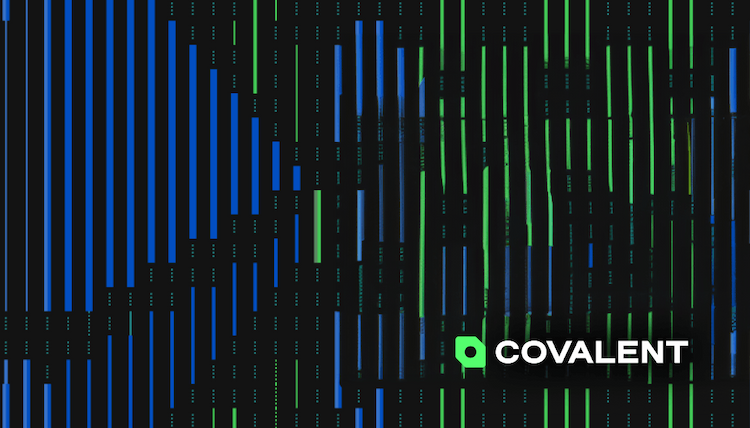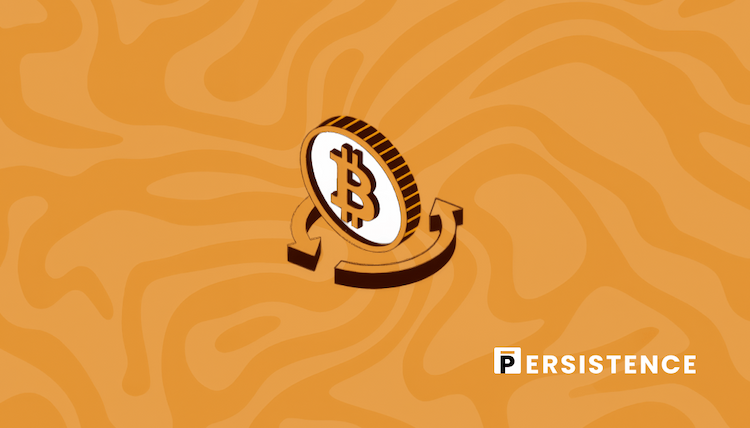
As blockchain expands into new sectors, it transforms wellness and data ownership, enabling users to control their health data. With rising interest in wearables, blockchain is increasingly linked to personal health management. However, despite growth in this space, users often lack true data ownership and miss out on rewards from their health activities.
CUDIS aims to change this. Its AI smart ring and health app enable real-time tracking, responsible data sharing, and monetization. Unlike competitors like Oura, CUDIS offers real-time incentives via its proprietary ring, an AI coach, and a personalized app. The app is also accessible without the ring, ensuring broad wellness benefits.
This month’s review delves into CUDIS’ AI smart ring and app, examining its growth trajectory, team, and how it integrates wearables with blockchain. It also provides a detailed project analysis, highlighting its strengths and potential challenges.
CUDIS: A Web3-Driven Approach to Health and Wellness
Since launching in April 2024, CUDIS has gained traction in health and wellness, generating $4 million in revenue and selling 15,000+ rings. Its community now spans 100,000 members across 100+ countries.
BeatBit Wellness Lab developed the CUDIS ring as a Web3 alternative to Oura and Samsung rings. DePIN technology lets users monetize anonymized health data, which is reintegrated to enhance personalized insights.
CUDIS encrypts wellness data, storing it anonymously on IPFS and indexing it on Solana. This data fuels AI modules that generate tailored mental and physical well-being insights.
The CUDIS ecosystem includes:
- Ring: A smart ring tracking vital health and sports metrics, offering AI-driven personalized insights.
- App: A free platform with social challenges and an AI coach, engaging users in fitness tracking without requiring a CUDIS ring.
- Data Network: A decentralized system aggregating data from various wearables, ensuring user ownership and enabling secure data trading.
- Token - $CUDIS: The governance token manages wellness data, facilitates transactions, and incentivizes active participation in the ecosystem.

The CUDIS ring is a cutting-edge wearable that tracks over 30 sports activities and monitors key health metrics, including blood oxygen levels, heart rate variability (HRV), resting heart rate (RHR), temperature, sleep patterns, and stress indicators. Integrated with the CUDIS app’s AI coach, it provides personalized insights, making health management intuitive and user-friendly.
Since its launch, the app has gained significant traction, reaching:
- 60K downloads
- 4M+ heartbeats tracked
- 300K workout sessions recorded
- 1M+ health tips delivered
- 1B+ steps counted
Another core feature of the CUDIS ecosystem is the CUDIS Data Network, which integrates data from the CUDIS ring and over 70 additional wearables, giving users full control over their health data. This decentralized system enables secure data trading, challenging traditional data practices. With the recent launch of Data-to-Earn, users can now own their health data, mint it into NFTs, earn points, and monetize their insights—turning personal wellness into a valuable asset.

Recent Launches and Partnerships
CUDIS has partnered with UCLA Athletics, the Italian GT Championship, various Padel and fitness events, and Web3 companies like World and Solana Mobile.
Through its collaboration with UCLA, CUDIS recently secured in-game signage at a basketball game, marking a significant step in expanding its visibility beyond the blockchain and Web3 space to a broader mainstream audience.

Team and Fundraising
Edison Chen founded CUDIS alongside a team of entrepreneurs with experience at leading companies such as Google, Samsung, Microsoft, Binance, NextHealth, Nike, and Equinox. With deep roots in the crypto space since 2016, the team has successfully launched and exited multiple ventures, positioning them well to drive CUDIS’ mission of transforming health data ownership and engagement.
Since its inception, CUDIS has expanded its team with professionals who are passionate about integrating blockchain technology into the wellness industry.
In September 2024, CUDIS secured $5 million in funding led by Draper Associates, with backing from Skybridge, Penrose, SNZ, Mozaik, NGC, Foresight Ventures, OGBC, Monke Ventures, DraperDragon, Block Patch, and Morningstar Ventures. The round also attracted key individual investors, including Sean Carey (Helium & Borderless), Kalin Stoyanchev (Render Network), Andrew Chatham (Dimo), Adam Jin (Solana Foundation), and others.
This funding will drive CUDIS’ growth, with plans to distribute over 1 million rings in the next 18 months, scale operations, enhance product development, and accelerate the expansion of a consumer-driven Web3 wellness ecosystem.
What’s Next for CUDIS
CUDIS plans to expand its AI coaching and gamification features while strengthening its decentralized infrastructure with open APIs, developer tools, and grants for health innovation. Over the next 2–3 years, the goal is to onboard one million users by partnering with wellness and medical industries and supporting AI and DeSci projects to turn health innovations into real-world solutions.
As AI becomes increasingly data-driven, CUDIS aims to help users realize the value of their health data, encouraging better well-being, lower healthcare costs, reduced stress, and an overall improved quality of life.



